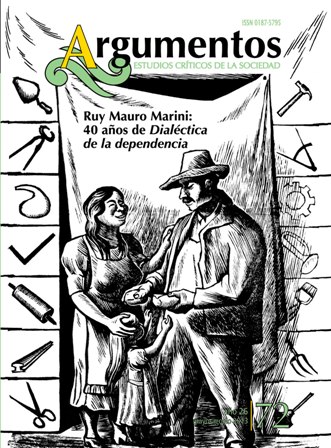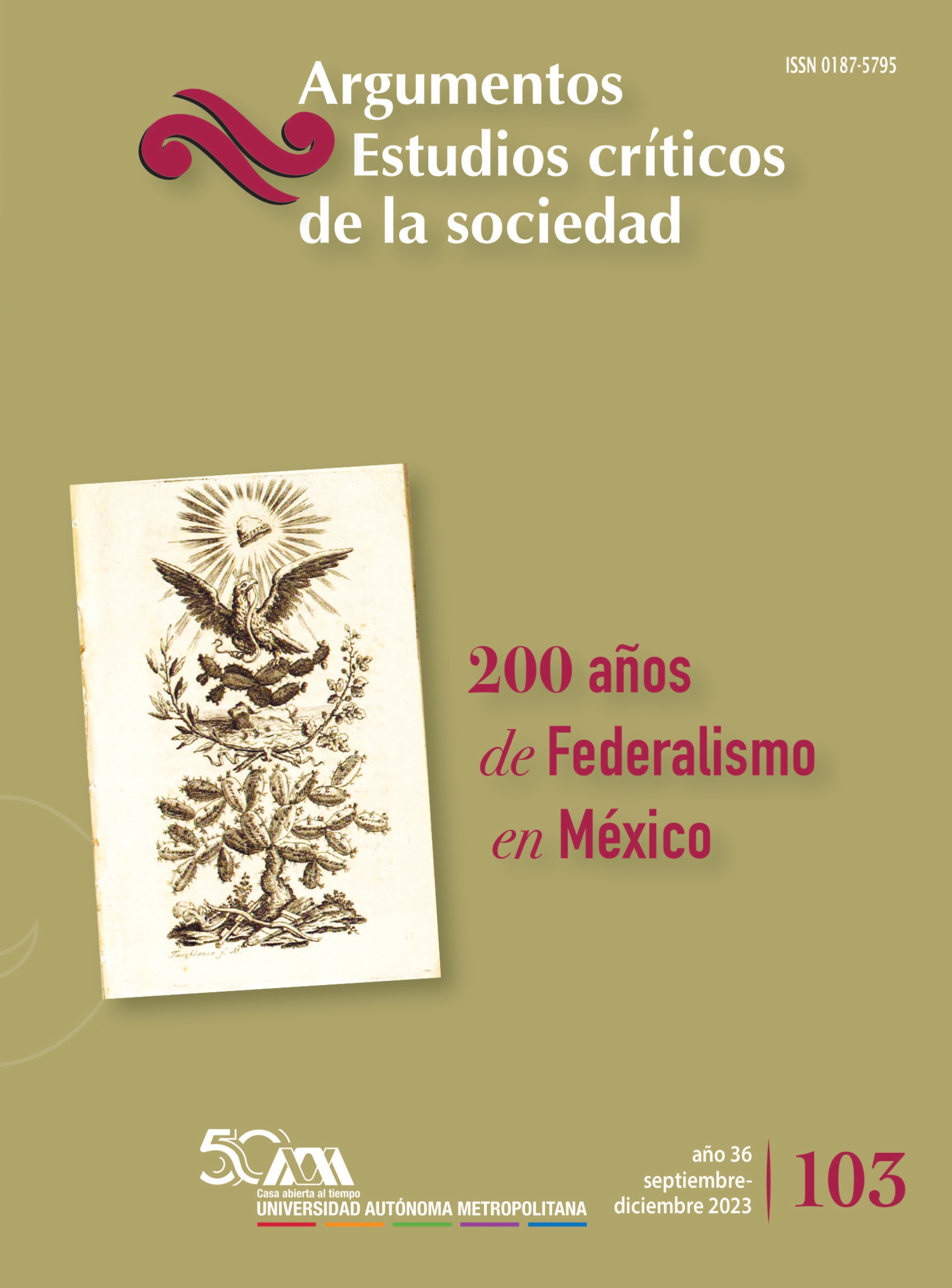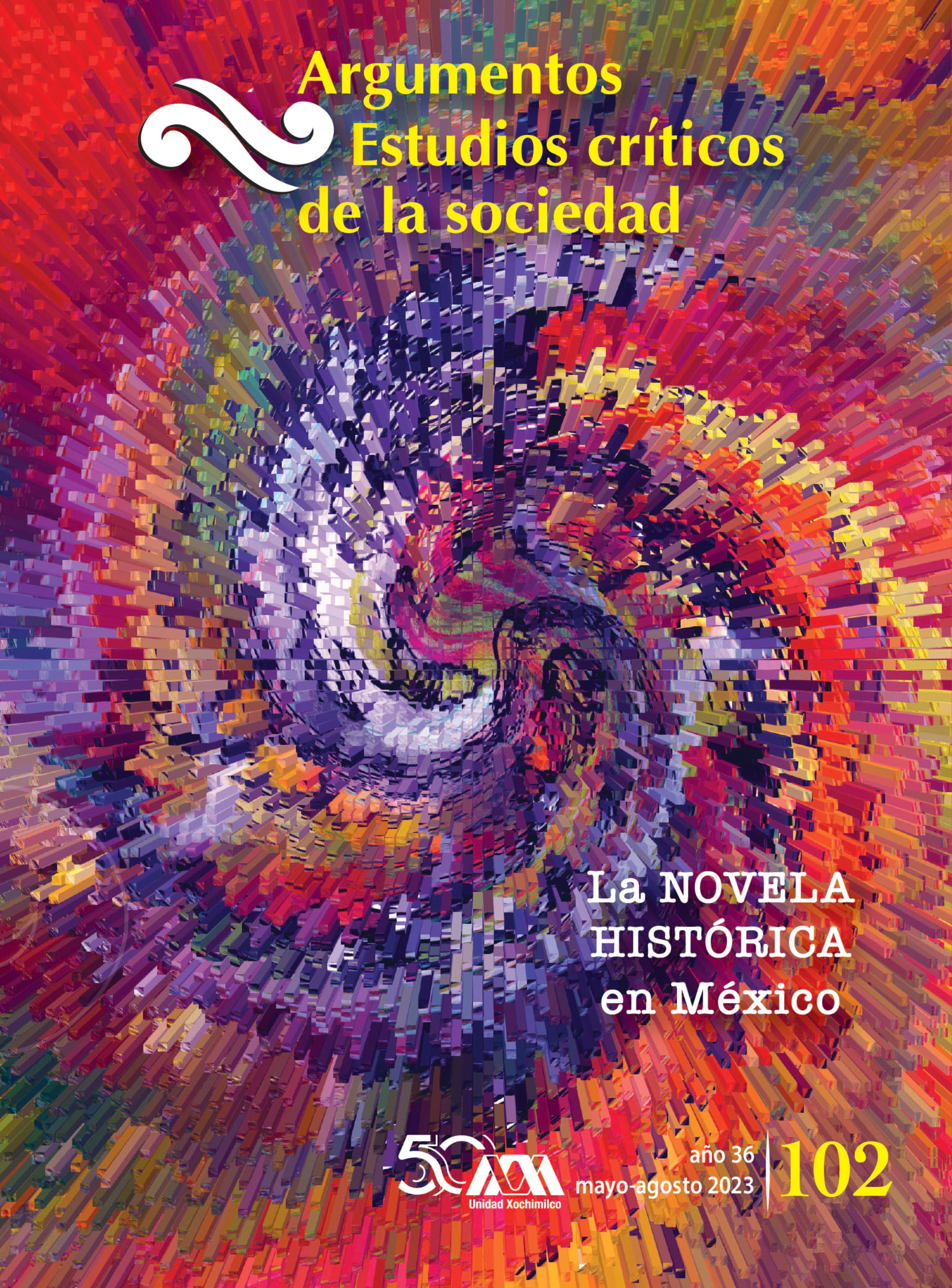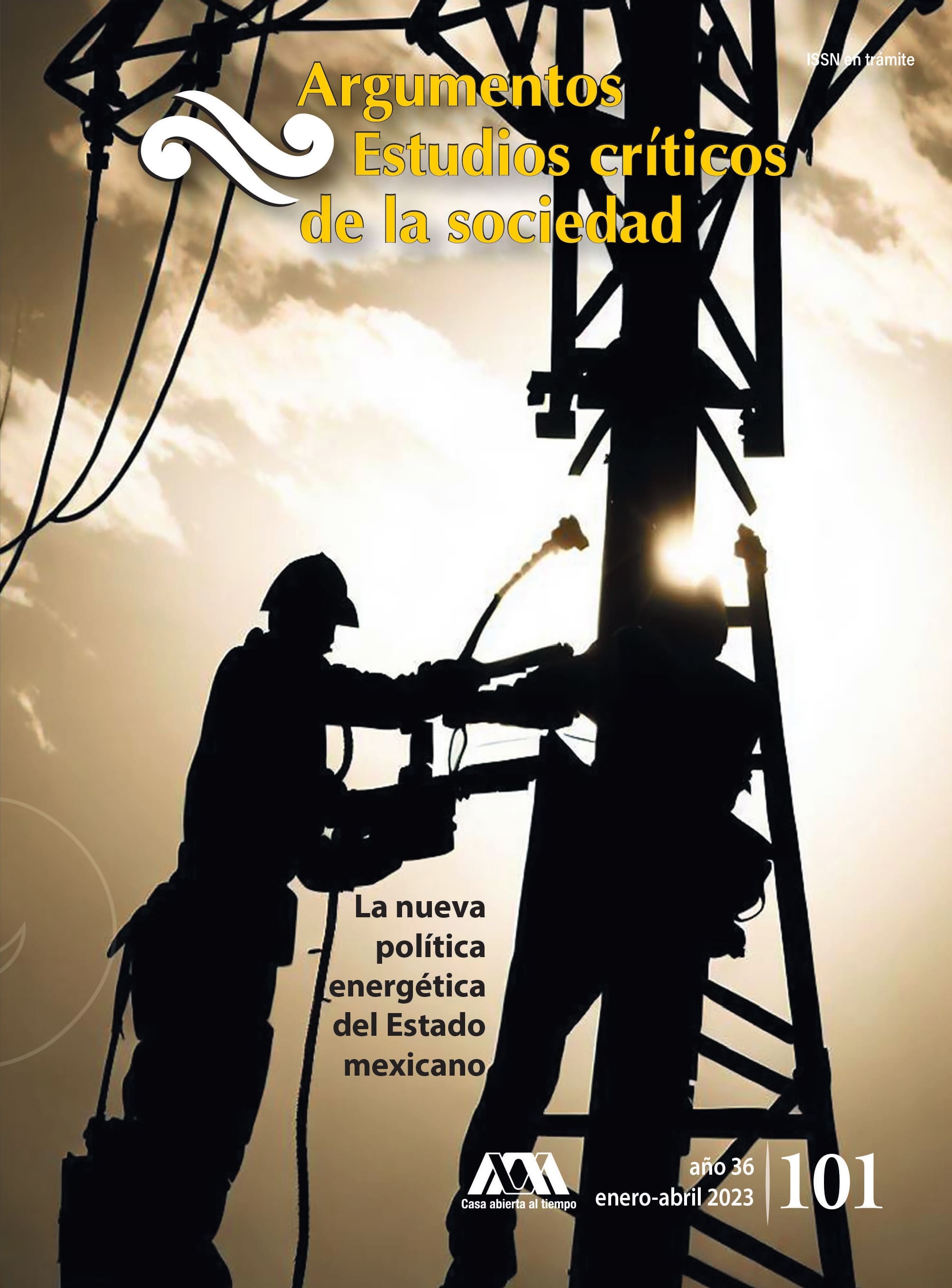La influencia de los Borgia en el pensamiento político de Maquiavelo
Keywords:
reinassance, prince, virtue, pope, churchAbstract
Family Borgia was very important in the Renaissance history. Some of them had important political and religious charges. Machiavelli mentioned two of them in The Prince: the pope Alexander VI and his son Cesare Borgia. Both personages had an important part in the Italian history of the time and influenced in a right way the Machiavelli’s political thought: Alexander because he consolidated the church power in order to transformer it in an obstacle to the italian unity called in the final part of The Prince, Cesare because was the model of new prince adopted by Machiavelli to get that national unity. This paper analyze the historical conditions around these personages and the way in which influenced the Machiavelli's thought.
References
Águila, Rafael del y Sandra Chaparro, La república de Maquiavelo, Madrid, Tecnos, 2006.
Bermudo Ávila, José Manuel, Maquiavelo, consejero de príncipes, Barcelona, Universitat de Barcelona, 1994.
Braudel, Fernand,Il secondo Rinascimento. Due secoli e tre Italie, Giulio Einaudi, Turín, 1986.
Campbell, Gordon, The Oxford Dictionary of the Reinaissance, Oxford University Press, Oxford, 2003.
Chamberlin, E.R., Los papas malos, Barcelona, Orbis, 1969.
Corvo, Frederick Baron, Chronicles of the House of Borgia, Dover, Nueva York, 1962.
Croce, Benedetto, España en la vida italiana del Renacimiento, Imán, Buenos Aires, 1945.
Dell’Oro, Ignazio, Papa Alessandro VI “Rodrigo Borgia”, Ceschina, Milán, 1938.
Ferrara, Orestes, El Papa Borgia, La Nave, Madrid, 1943.
Gervaso, Roberto, Los Borgia. Alejandro VI, el Valentino, Lucrecia, Península, Barcelona, 1996.
Granada, Miguel Ángel, Maquiavelo, Barcanova, Barcelona, 1981.
Guicciardini, Francisco, Historia de Florencia 1378-1509, FCE, México, 2006.
Hale, J.R., La Europa del Renacimiento 1480-1520, Siglo XXI Editores, México, 1998.
–––, Machiavelli and Renaissance Italy, Penguin, Londres, 1961.
–––, The civilization of Europe in the Renaissance, Atheneum, Nueva York, 1994.
Hay, Denys y John Law, Italy in the Age of Renaissance 1380-1530, Longman, Londres y Nueva York,1989.
Hillgarth, J.N., “The Image of Alexander VI and Cesare Borgia in the Sixteenth and Seventeenth Centuries”, Journal of the Warburg and Courtauld Institutes, vol. 59, 1996.
Holmes, George, Florencia, Roma y los orígenes del Renacimiento, Akal, Madrid, 1993.
Latour, Anny, Los Borgia. Reconstrucción de su vida a través de testimonios de sus contemporáneos, Mateu, Barcelona, 1965.
Machiavelli, Nicolás, El príncipe, EDAF, Madrid, 1964.
Mallett, Michael, The Borgias, Paladin, St. Albans, 1975.
Mansfield, Harvey C., Machiavelli’s Virtue, University of Chicago Press, Chicago,1996.
Maquiavelo, Nicolás, Del arte de la guerra, Tecnos, Madrid, 1988.
–––, Discursos sobre la primera década de Tito Livio, Alianza Editorial, Madrid, 2005.
–––, El príncipe, Aguilar, Madrid, 2010.
–––, Historia de Florencia, Tecnos, Madrid, 2009.
–––,Antología, Península, Barcelona, 2002.
Paredes, Javier (dir.), Diccionario de los papas y los Concilios, Ariel, Barcelona, 2005.
Partner, Peter, “Florence and the Papacy in the Earlier Fifteenth Century”, en Nicolai Rubinstein (ed.), Florentine Studies. Politics and Society in Renaissance Florence, Northwestern University Press, Evanston, 1968.
Pocock, J.G.A., El momento maquiavélico. El pensamiento político florentino y la tradición republicana atlántica, Tecnos, Madrid, 2002.
Portigliotti, Giuseppe, Borgia. Alessandro VI, Cesare, Lucrezia, Frateli, Treves, Milán, 1921.
Ranke, Lepold von. Historia de los Papas, FCE, México, 1993.
Sabatini, Rafael, The life of Cesare Borgia, Brentano’s, Nueva York, 1912.
Sacerdote, Gustavo, Cesare Borgia. La sua vita, la sua famiglia, i suoi tempi, Rizzoli, Milán, 1950.
Salvatorelli, Luiggi, Sommario della storia italiana. Dei teimpi preistorici ai nostri giorni, Einaudi, Turín, 1955.
Schüller Piroli, Susanne, Los papas Borgia. Calixto III y Alejandro VI, Institució Valenciana D’Estudis i Investigació, Valencia, 1991.
Scott, John T. y Vickie Sullivan, “Patricide and the Plot of the Prince: Cesare Borgia and Machiavelli’s Italy”, The American Political Science Review, vol. 88, núm. 4 (dic. 1994).
Skinner, Quentin, Los fundamentos del pensamiento político moderno. vol. I. El Renacimiento, FCE, México, 1993.
Soranzo, Giovanni, Il tempo di Alessandro VI Papa e di Fra Girolamo Savonarola, Vita Pensiero, Milán, 1960.
Tenenti, Alberto, La edad moderna. Siglos XVI-XVII, Crítica, Barcelona, 2000.
Woodward, William Harrison, Cesare Borgia. A Biography, Chapman and Hall, Londres, 1913.








